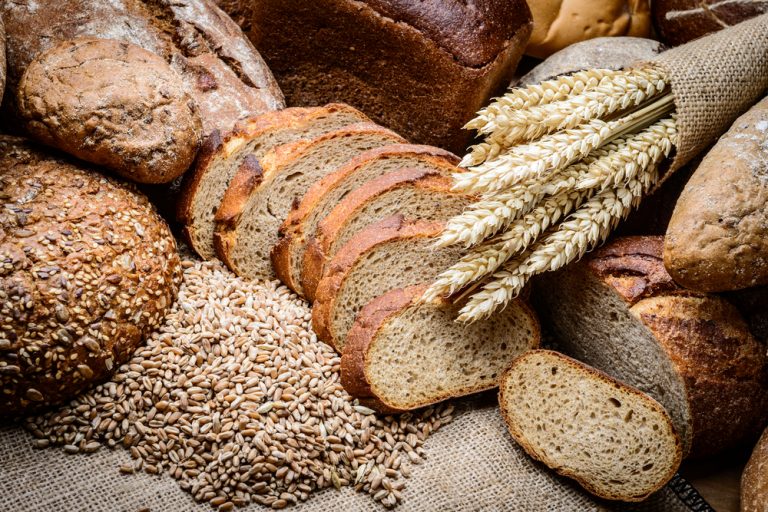
Non-O blood types suffer from serious clotting issues more often than O types
Type A, type B, and type AB blood types have been shown to have higher levels of the proteins von Willebrand factor and factor VIII, both of which contribute to clotting. In fact, a 2007 study published in the Journal of Thrombosis and Haemostasis found that people with type A, B, or AB blood were 31 percent more likely to develop venous thromboembolism, a condition in which a blood clot forms in the leg, groin, or arm and lodges itself in the lungs.

























